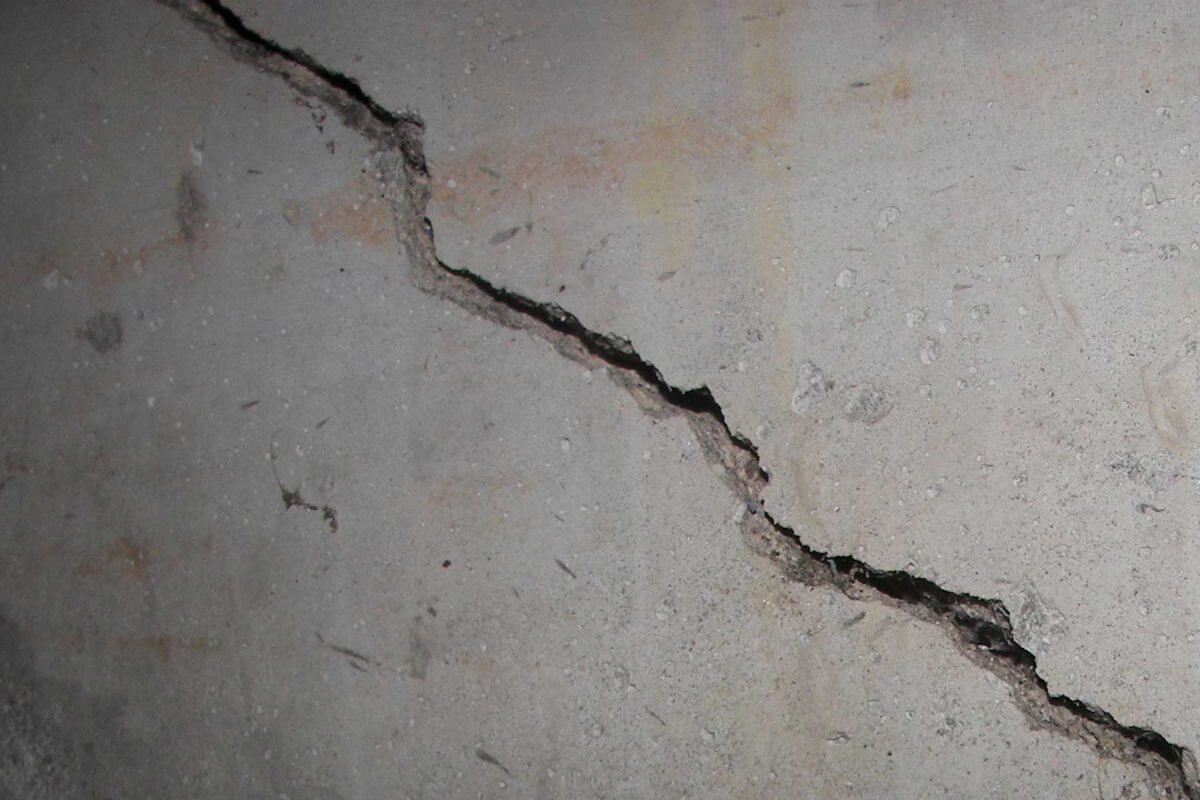“You can’t build a great building on a weak foundation. ”
With the exception of extreme natural disasters like fires, floods, tornados, and hurricanes, most of the damage our homes experience over time is the result of natural wear and tear. Thankfully this means that most issues are also relatively easy to fix. However, there is one problem that is every homeowner’s worst nightmare. A cracked foundation. While all of the other issues homeowners face are either aesthetic or functional, issues with the foundation of a house compromise its entire structural integrity. A compromised foundation creates significant safety issues that if left unattended, can make a home inhabitable. The foundation is everything!
The same holds true for your relationship. While all couples have challenges and issues that they struggle with, most are aesthetic or functional. Most can also be easily fixed with a little sweat equity or by hiring a trained professional. However, just like foundation issues compromise the structural integrity of a home, foundation issues compromise the structural integrity of a relationship and can make it inhabitable.
Why do you need a strong foundation?
In construction, a foundation has three primary functions:
To support the load of the structure built above it.
To keep the structure standing when the forces of nature wreak havoc. Well-built foundations keep the occupants of the building safe during calamities such as earthquakes, floods, strong winds etc.
To keep the ground moisture from seeping in and weakening the structure.
Firm Foundations
In your relationship, the foundation has similar functions:
To provide a secure base for your relationship.
Ever stood on a chair or table with wobbly legs? Not the safest feeling is it? Relationships with weak foundations can feel similarly unsafe. Your relationship can only be as strong and healthy as the foundation it’s built upon. If the foundation is weak, the relationship is weak.
How can you tell if your relationship is providing a secure foundation? This one question will tell you everything you need to know. Look at your partner and ask yourself:
“If I need connection or comfort, am I confident my partner will be there for me?”
Be honest. Not just for the big things. But also for the little things. The things that are insignificant for them, but meaningful to you. Will they be there for you? Will they show up? When we’re not sure that our partner will consistently be there for us when we need them, our foundation is compromised and in need of repair.
To keep the relationship stable through life’s challenges.
Life is hard and relationships can be challenging. But what makes everything worse is when every time life is hard or the relationship faces a challenge, one or both partners threaten to leave. Too many relationships are built like a house of cards. They fold (or at least threaten to fold) under the slightest bit of stress. Houses are build to withstand the forces of nature. Your relationship should be too. A strong foundation means that at the very least, you have to take ending the relationship off of the table during arguments. Such threats are one of the most damaging things you can do to your foundation. I understand that there are times when talks of separation or ending the relationship are warranted. However, those times are NEVER in the heat of the moment. The decision to end a relationship should never be weaponized. It is one of the most impactful decisions you can make and should be discussed in a manner that honors its seriousness.
To keep unwanted issues from seeping in and weakening you and the relationship.
A strong foundation helps couples keep the good things in and the bad things out. A compromised foundation provides an opening for other issues such as infidelity, substance abuse, and a number of mental and physical health problems. So many of the challenges we face, both individual and relational stem from cracks in the foundation of our relationship.
As a homeowner, it is important for you to be aware of the different types of foundation cracks and what implications they may have for your home. The same holds true in your relationship. Make sure you’re always conscious to not engage in behaviors that compromise your foundation. Cracks will usually grow and worsen over time, compounding problems and making them extremely difficult, expensive, and time consuming to fix.
So take some time today and assess your relationship’s foundation. Even though your relationship may be a “fixer-upper”, you’ll be okay as long as it has good bones and a strong foundation. If your foundation is in need of repair, there’s no shame in bringing in a professional. You’d do it for your home. Why wouldn’t you do it for your relationship?
Come back every Monday for my latest post.
Have a topic you’d like to hear about? Email me at Drjblair@gmail.com

